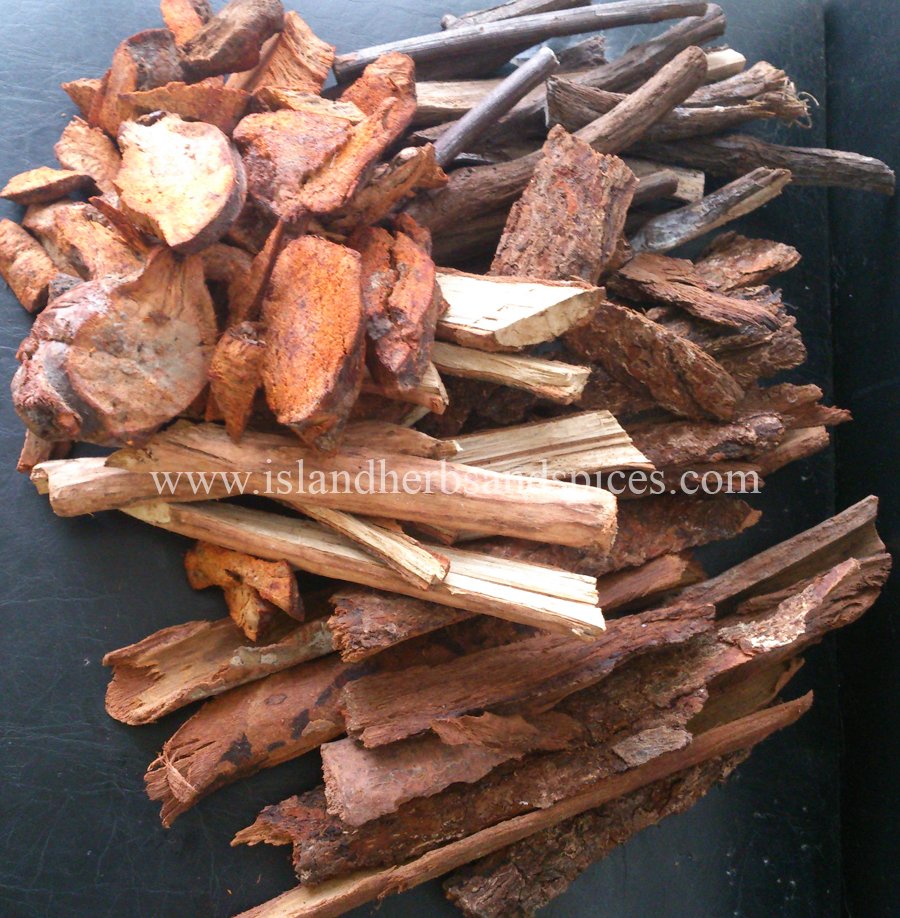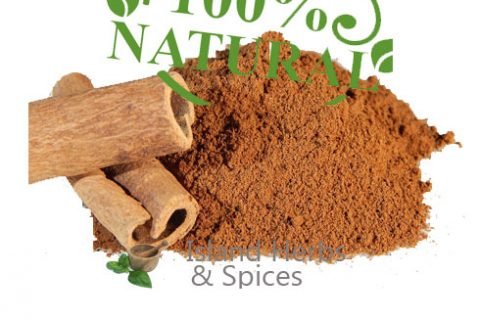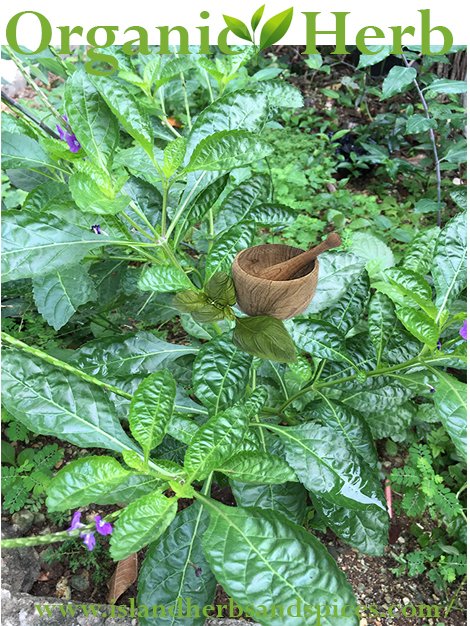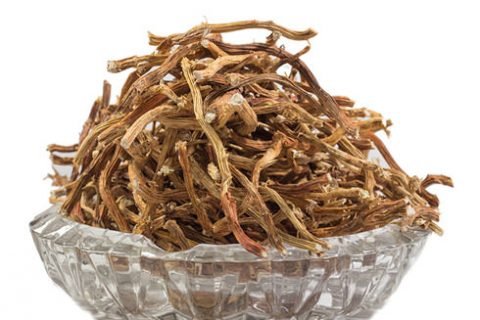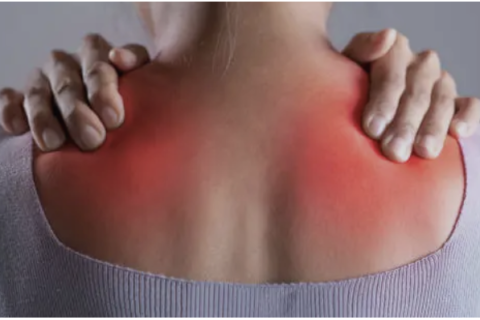Jamaican herbal medicine, with its rich mosaic of practices and beliefs, stands as a vibrant testament to the island’s diverse cultural heritage. This ancient form of healing, deeply embedded in Jamaican tradition, draws from the extensive knowledge of indigenous Taino people, the profound herbal wisdom of African ancestors, and the European settlers’ medicinal practices. Together, these influences have woven a complex tapestry of herbal remedies and practices that continue to thrive in Jamaica today. This overview aims to uncover the roots of this fascinating tradition, exploring how historical confluences have shaped contemporary herbal medicine practices in Jamaica, revealing a unique cultural identity that has been nurtured over centuries.
Historical Background
The story of Jamaican herbal medicine begins long before the island became a melting pot of cultures. The indigenous Taino people, Jamaica’s original inhabitants, had an established system of herbal medicine, utilizing the island’s rich biodiversity for healing and spiritual rituals. Their knowledge, though significantly eroded by European colonization, laid the groundwork for a unique blend of herbal practices.
The arrival of enslaved Africans during the transatlantic slave trade introduced a wealth of herbal knowledge and practices to the island. African slaves brought with them traditional herbal remedies, which were integral to their spiritual beliefs and community health. These practices not only survived the harsh conditions of slavery but also flourished, blending with the existing Taino herbal traditions.
European colonization further diversified the island’s herbal medicine landscape. European settlers introduced their own herbal practices, incorporating plants both native and brought from other colonies. This period marked the beginning of a cultural synthesis that would define Jamaican herbal medicine, as European, African, and Taino practices began to intertwine.
Cultural Fusion and Herbal Practices
Jamaican herbal medicine is a testament to the island’s history of cultural fusion. It represents an intricate blend where African, Taino, and European influences meet, creating a unique medicinal tradition that is greater than the sum of its parts. This fusion is evident in the remedies used, the methods of preparation, and the rituals accompanying healing practices.
For instance, the use of certain herbs for both physical and spiritual healing reflects African traditions, while the methodical preparation of herbal remedies can trace its roots to European influence. The reverence for nature and the use of specific plants for protection or blessings show the enduring legacy of Taino spiritual beliefs.
Key Herbs in Jamaican Medicine and Their Uses
Jamaica’s lush landscape is home to a plethora of herbs, each carrying its own story and healing properties. Among these, several stand out for their widespread use and effectiveness in treating a variety of ailments.
Guinea Hen Weed (Petiveria alliacea): Known locally as guinea hen weed, this powerful herb is revered for its anti-inflammatory, antifungal, and antibacterial properties. Traditionally, it’s used to treat a wide range of conditions, from fevers and colds to arthritis and even as a natural remedy for cancer prevention. Its strong garlic-like smell is distinctive, and it’s believed to also carry spiritual cleansing properties.
Turmeric (Curcuma longa): While turmeric is now celebrated worldwide for its health benefits, it has long been a staple in Jamaican herbal medicine. Used both as a spice and a medicinal herb, turmeric is known for its potent anti-inflammatory and antioxidant properties. It’s commonly used to boost the immune system, aid digestion, and as a natural treatment for skin conditions and wounds.
Ginger (Zingiber officinale): Ginger is another herb that plays a dual role as both a culinary ingredient and a medicinal plant. In Jamaica, it’s commonly used to treat nausea, digestive issues, and to alleviate symptoms of the common cold and flu. Ginger tea, in particular, is a popular remedy for its warming and soothing effects.
Lemongrass (Cymbopogon citratus), known locally as fever grass, is widely used to reduce fevers, soothe stomach ailments, and as a sedative to promote sleep. Its refreshing citrus scent and flavor make it a favorite in teas and as a flavoring in various dishes.
Aloe Vera (Aloe barbadensis miller): Aloe vera is celebrated for its healing properties, particularly in skin care and digestive health. In Jamaica, it’s commonly used topically for burns, cuts, and skin conditions, and internally for digestive health.
Chaney Root (Similax balbisiana): Chaney root is highly valued in Jamaican herbal medicine for its blood purifying and energy-boosting properties. It is often used in tonics to treat anemia, impotence, and to improve overall vitality. The root’s rich nutritional content, including iron and other essential minerals, makes it a staple in herbal regimens aimed at building the body’s strength and resilience.
Sarsaparilla (Smilax regelii): Known for its potent detoxifying properties, sarsaparilla is commonly used to purify the blood and treat skin conditions such as eczema and psoriasis. Its anti-inflammatory properties also make it beneficial for those suffering from arthritis and joint pain.
Puron Bark (Prunus occidentalis): This bark is traditionally used for its digestive aiding properties. It is believed to alleviate stomach aches, diarrhea, and other digestive issues. The Puron bark’s astringent properties also contribute to its effectiveness in treating gastrointestinal ailments.
Ra-Moon Leaves (Trophis racemosa): Ra-moon is known for its ability to treat diabetes and high blood pressure. The leaves are used to make a tea that is believed to have blood sugar-lowering properties and to aid in the regulation of hypertension.
Black Wiss (Sambucus canadensis): Traditionally used to treat liver problems and to purify the blood, Black Wiss is also believed to have anti-cancer properties. Its detoxifying effect is thought to contribute to overall health and well-being.
Trumpet Tree Leaves (Cecropia peltata): The leaves of the trumpet tree are commonly used in Jamaican herbal medicine to treat respiratory conditions such as asthma and bronchitis. They are believed to have expectorant properties, helping to clear the airways and ease breathing.
These herbs, along with others listed on resources like www.islandherbsandspices.com, showcase the extensive knowledge and use of natural remedies in Jamaican culture. Each herb carries with it a tradition of healing, reflecting the deep connection between the Jamaican people and their natural environment. The use of these plants for medicinal purposes not only provides a link to Jamaica’s cultural heritage but also offers promising avenues for natural health and wellness.
These herbs are just a few examples of the rich botanical heritage of Jamaica. They illustrate the deep connection between the island’s people and their environment, a relationship that has fostered a profound understanding of the natural world’s healing potential.
The Role of Herbal Medicine in Contemporary Jamaican Society
Despite the advances in modern medicine, herbal medicine remains an integral part of everyday life in Jamaica. This enduring tradition speaks to the deep trust and value placed in natural remedies, passed down through generations. In contemporary society, these practices not only offer a link to the past but also represent a sustainable, accessible form of health care for many.
Moreover, Jamaica’s herbal medicine has begun to attract international attention, contributing to the island’s wellness tourism and global interest in natural healing practices. This has opened new avenues for cultural exchange and economic development, showcasing the global relevance of Jamaica’s herbal heritage.
Conclusion
The practice of herbal medicine in Jamaica is a vibrant and enduring tradition, rooted in the island’s rich cultural history and biodiversity. From the indigenous Taino to the influences of African, European, and Asian settlers, this tradition has evolved into a unique system of healing that continues to play a vital role in Jamaican society. As we explore the various herbs and their uses, we gain insight into the wisdom of generations past and the potential for future innovations in natural healing. Jamaican herbal medicine stands as a testament to the power of nature and the enduring spirit of a people deeply connected to their land.






